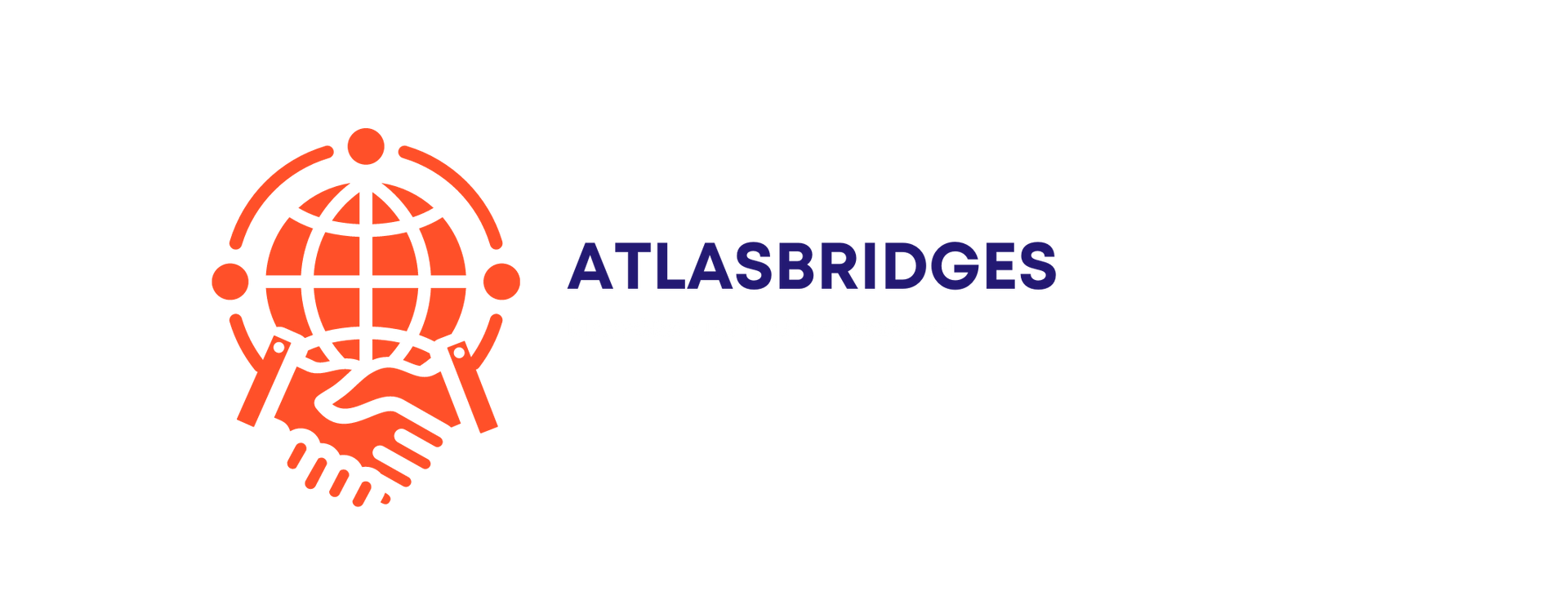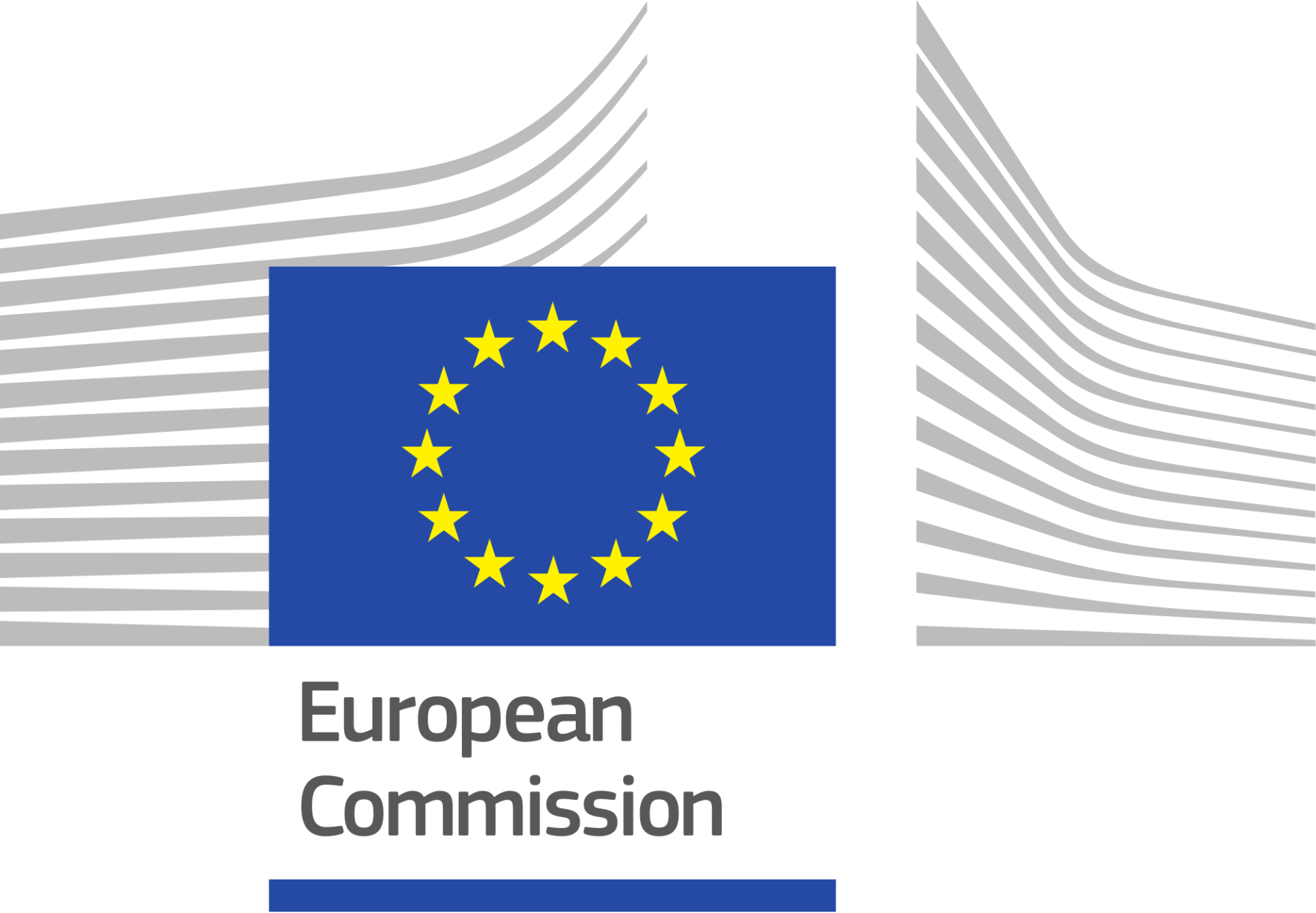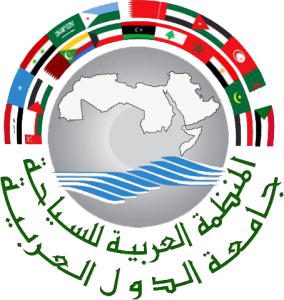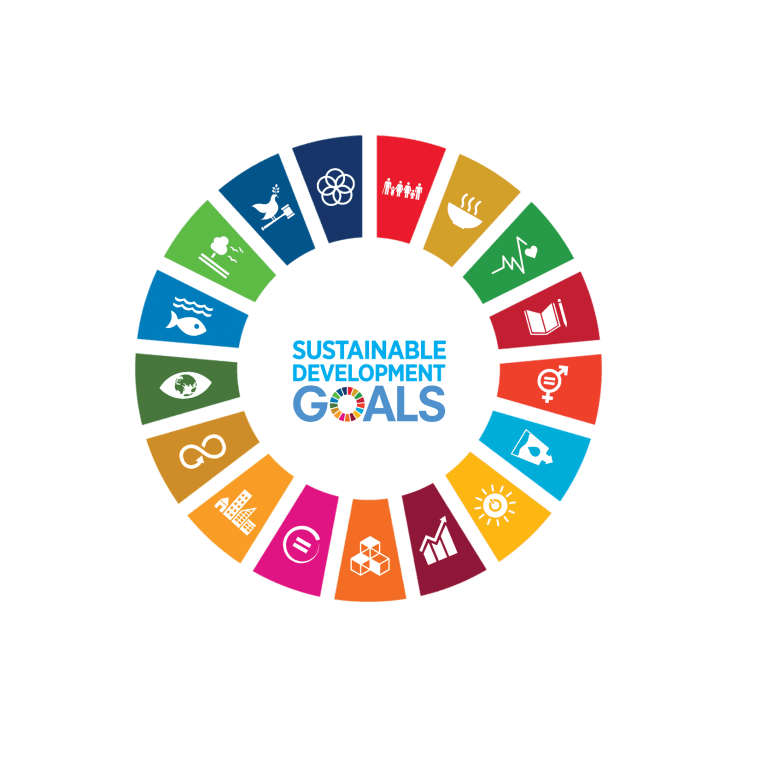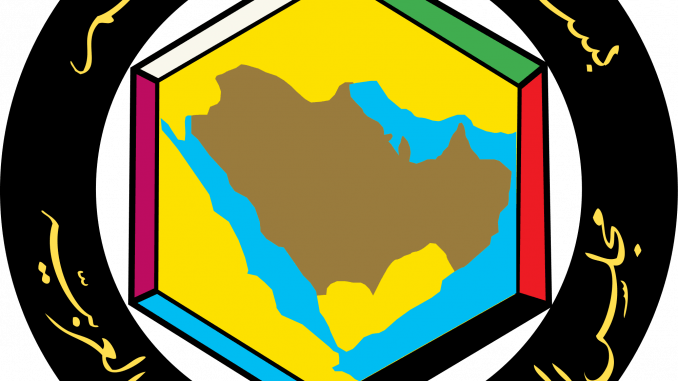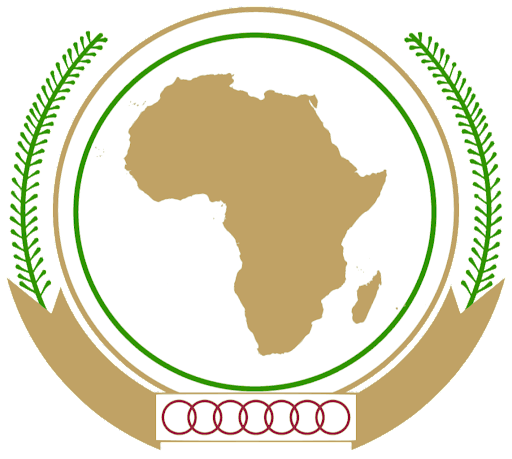Sport
The world of sports is becoming increasingly colourful. More and more Moroccans, Surinamese, Turks and other newcomers are finding their way to the many sports clubs, schools and institutions in Europe. However, it is noticeable that immigrants still do much less sports than natives and that the turnover of immigrant members of sports clubs is quite high. In the sports framework, immigrants are completely underrepresented. The integration of immigrants in sports, just like in the rest of society, is not something that can be taken for granted. By paying extra attention to the integration of immigrants in sports, integration can be promoted and problems can be prevented. For this reason, AtlasBridges has created a theme programme about sports and immigrants.
Sports & Exercise
In the last decade, sports and exercise have been embraced as a catalyst in policy themes such as health, prevention, liveability, integration and neighbourhood approach. This development has not left sports untouched. Sports and youth policy have nevertheless remained two relatively separate circuits. Now that municipalities will be given control over the youth system on 1 January 2015, the time seems ripe to make use of the opportunities and possibilities that club sports have.
Theme year 2023
Most status holders who come to live in the municipality have great resilience. They are relatively young and motivated to actively participate in Dutch society. However, a number of health risks are known, such as substance abuse and an increased risk of diabetes and other chronic conditions. The health of status holders is not a given, but can be positively influenced by focusing on prevention in the broadest sense. Quickly familiarizing people, providing information, early detection, low-threshold facilities and good care help to maintain good health. Having a meaningful daily activity such as work, education or other forms of participation also has a major influence on health. Just like with other residents, attention to a healthy lifestyle is also important to prevent health complaints and health disadvantages in the (longer) term. Focusing on prevention can reduce care and support costs, the need for social assistance and other municipal facilities in this sense. Health has a positive influence on the social participation and integration of status holders above all. Many municipalities therefore invest in a healthy lifestyle with a view to vital and active citizens.
Obesity
There are specific health risks for refugees in the Netherlands. A number of common health problems are explained in more detail below. The various lifestyle aspects and health skills that play a role in these health risks are also discussed. 2.1 Health risks and illness Overweight and obesity Refugees are more likely to be overweight. There is a direct relationship with unhealthy eating habits, poor command of the Dutch language, not having a meaningful daily occupation and inactivity. The number of people with obesity in Syria was higher before the conflict than in the Netherlands: 23.5% versus 19.8%. Overweight and obesity are not common in Eritrea, the number of people who suffer from them is considerably lower, namely 4.1%. However, this group is on average less educated and that poses additional health risks. In addition, there is a risk that these newcomers will adopt the unhealthy aspects of the Western lifestyle. As a result, they are more likely to develop overweight. People who are overweight and obese have an increased risk of diabetes, cardiovascular disease or other chronic diseases.
The 'Inclusive sports and exercise' sub-agreement of the National Sports Agreement aims to ensure that everyone in the Netherlands, regardless of age, gender, income or ethnic background, can participate with pleasure and make their own sports choices.
The participation of girls with a non-Western migration background is relatively low. For example, 40 percent of girls with a non-Western migration background are members of a sports club, compared to 65 percent of boys with a non-Western migration background and three quarters of boys and girls without a migration background.
This fact sheet maps out the factors that influence the sports and exercise participation of status holder teenage girls.
Based on interviews with youth and sports professionals, four factors were identified that influence the sports and exercise participation of status holders and newcomer teenage girls:
- A new phase of life: sports and exercise compete with homework, social media, girlfriends and responsibilities within the family. The immediate social environment: family, friends, recruiting via familiar channels and faces and activities close to home have a major influence on sports and exercise participation and the sports experience.
- Expertise of the supervisor: a female supervisor who has been working in the neighbourhood for some time and who can create a bond of trust is preferred.
- A social and flexible range of sports and exercise options: it is motivating to leave room for other activities and the opportunity to chat with each other.
-
The results can be used to support the formulation of inclusive sports and exercise policies aimed at increasing the accessibility of sports and exercise for teenage girls with a non-Western migration background.














